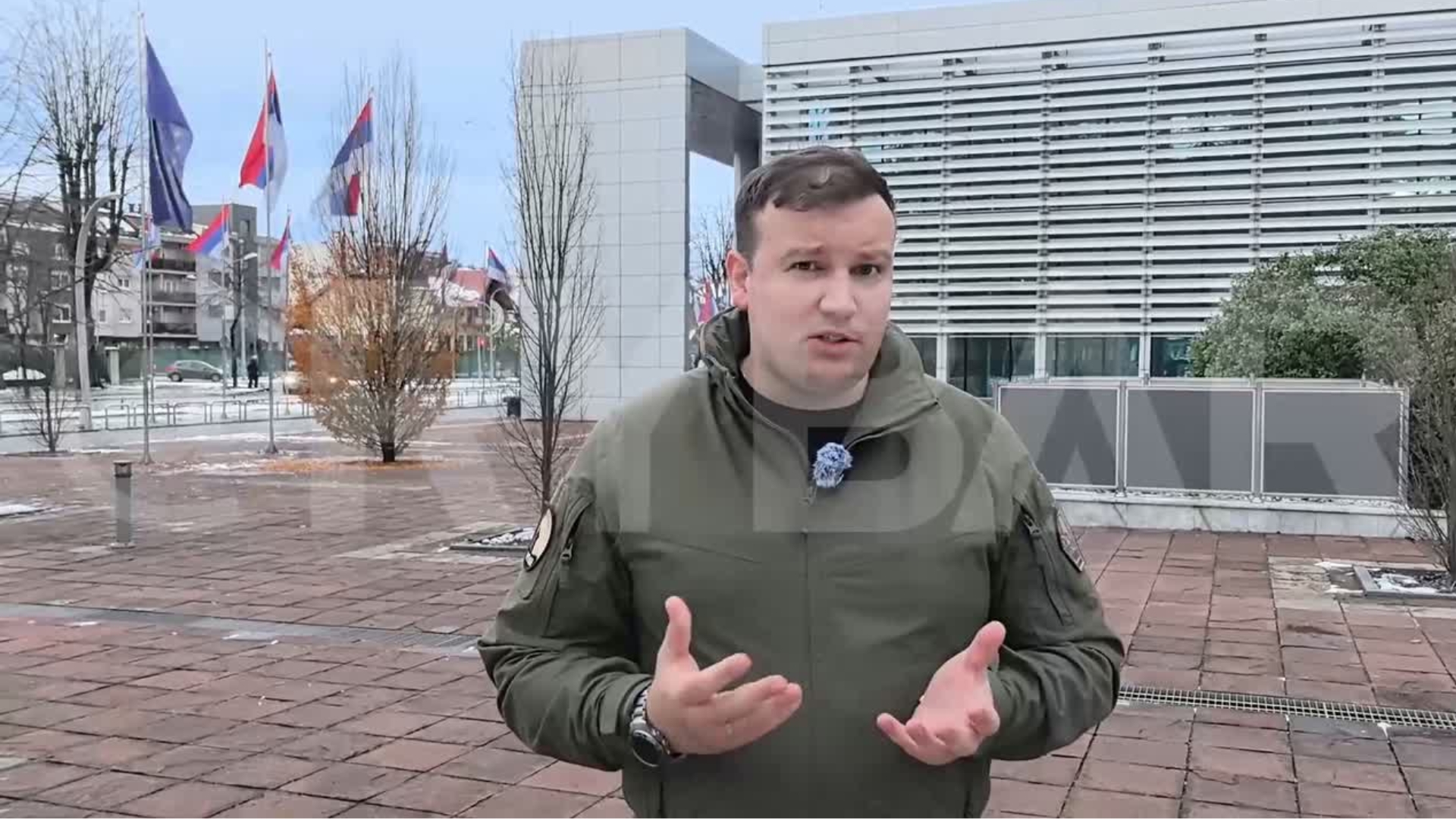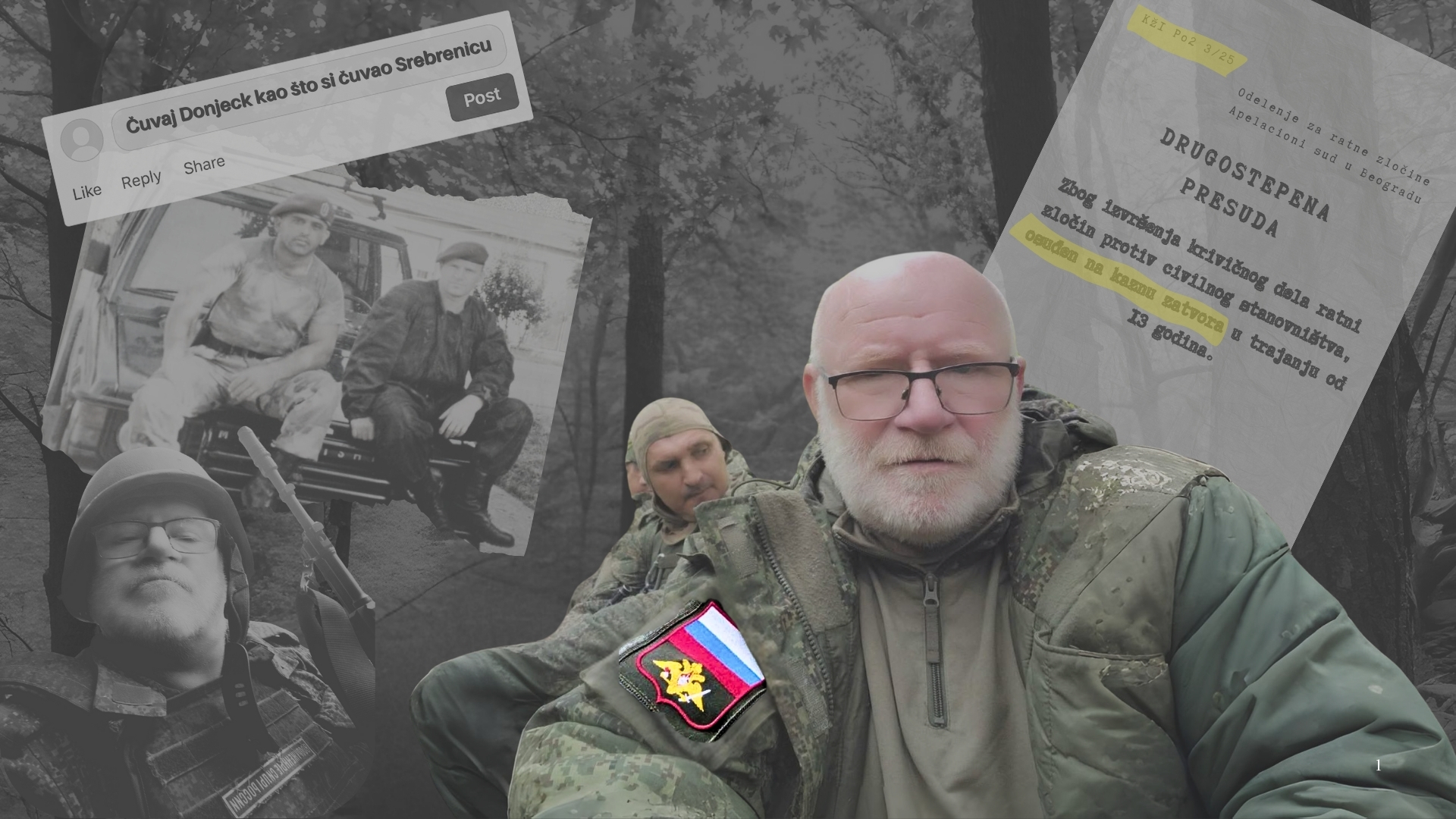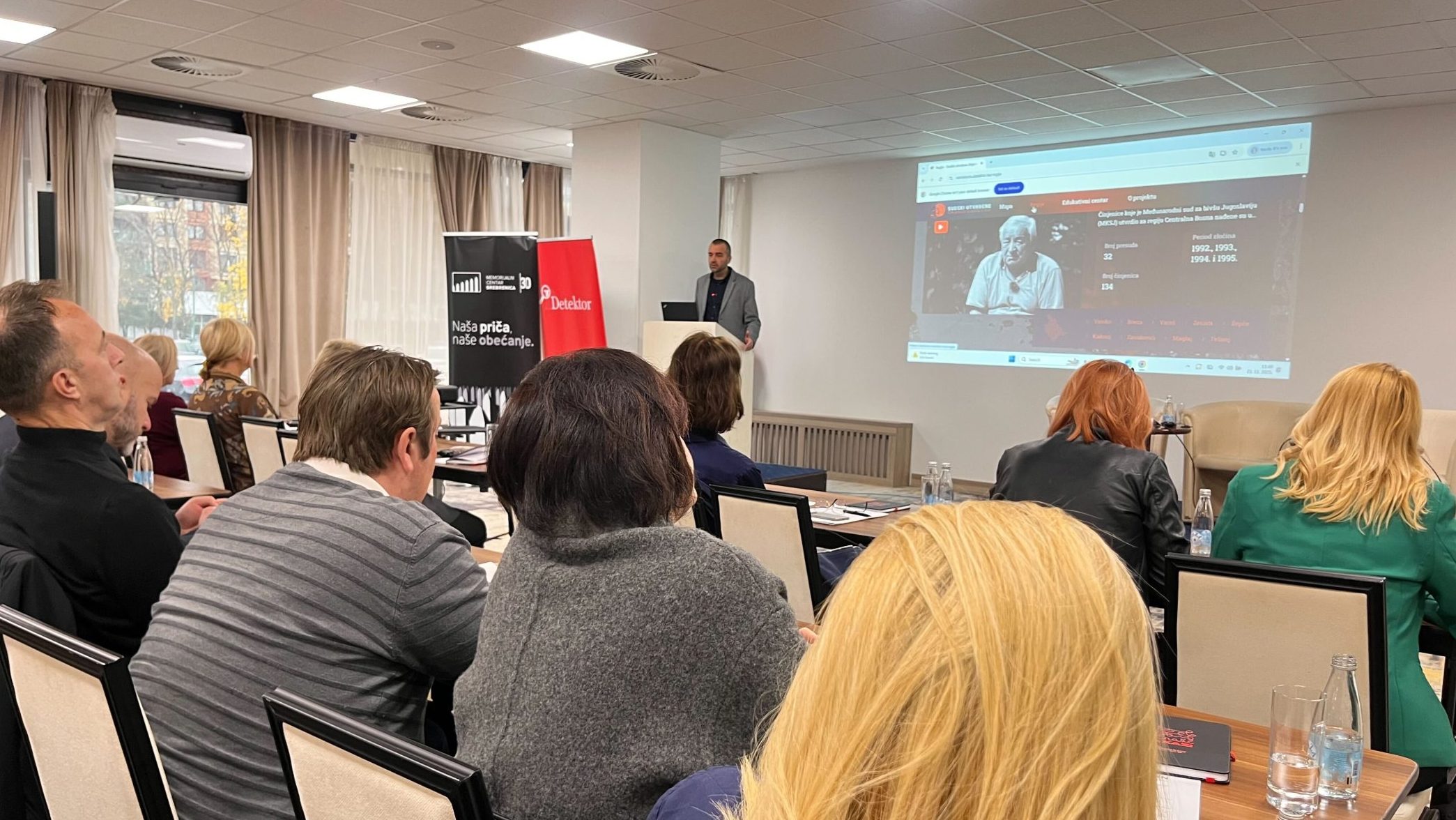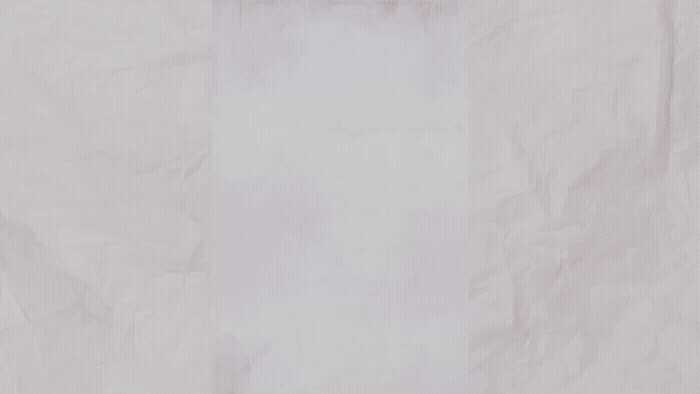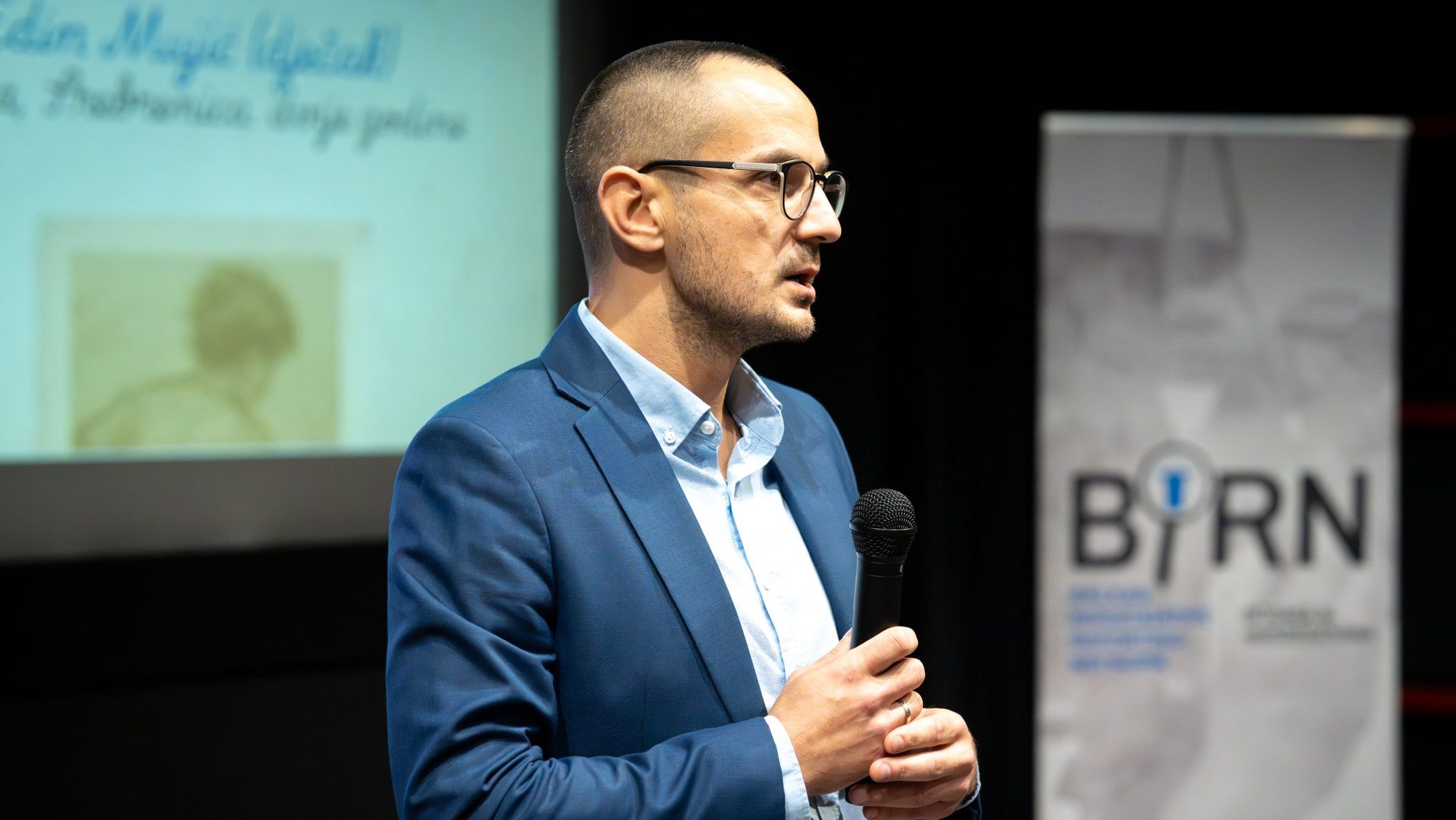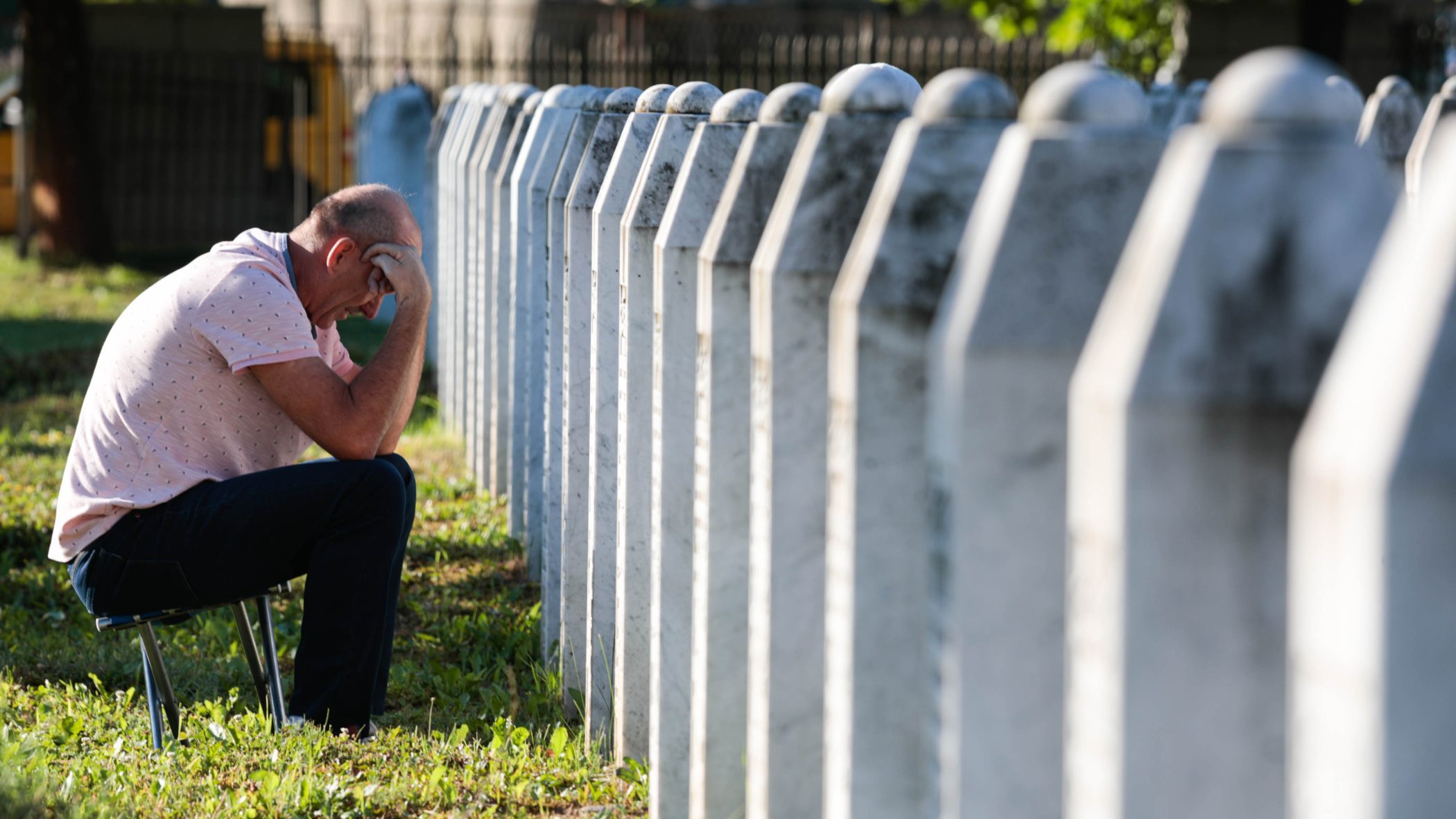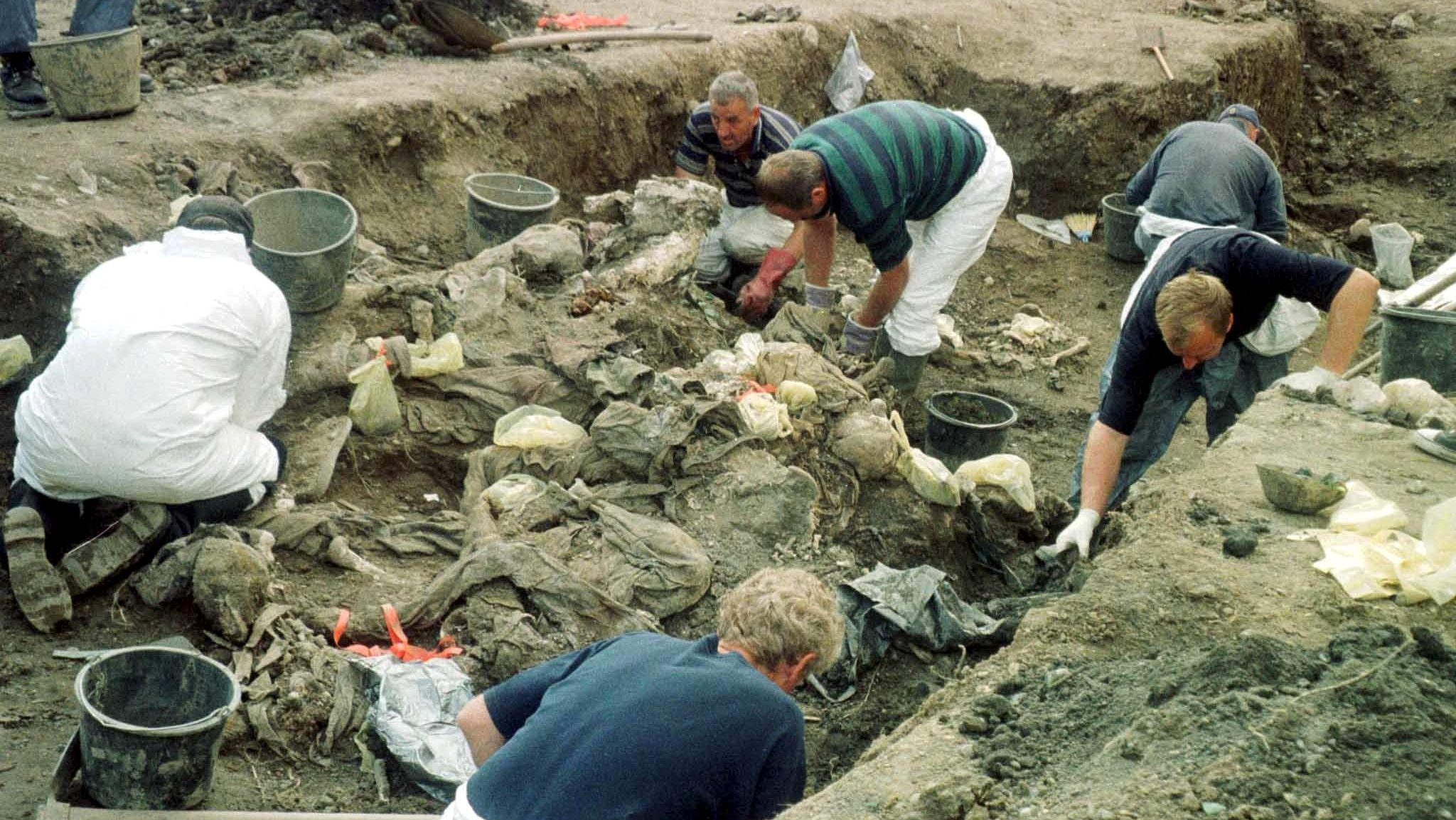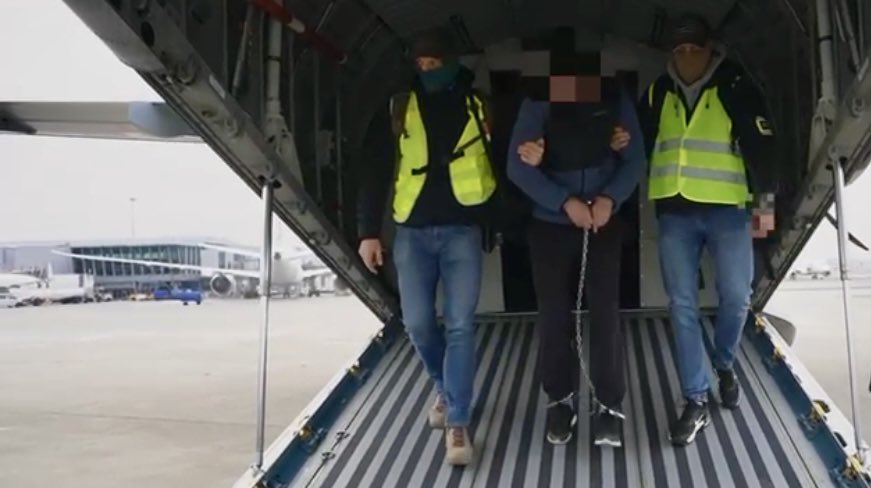A representative of Russian media outlet Rybar, which was sanctioned by the UK for spreading propaganda and trying to sway elections, was in Banja Luka for November’s Republika Srpska presidential...
A story about obtaining the right to justice for victims of war crimes in Bosnia and Herzegovina was one of two articles by Detektor journalist Emina Dizdarevic Tahmiscija which have...
Novak Stjepanovic was sentenced to 13 years in prison in Serbia for war crimes in Bosnia in 1992, but he had already skipped the country to join Russian forces fighting...
The Balkan Investigative Reporting Network of Bosnia and Herzegovina, BIRN BiH, the “Forgotten Children of War” Association, and the Srebrenica Memorial Centre presented a Database of Judicially Established Facts about...
On the 30th anniversary of the Dayton peace deal’s signing, a US-sanctioned Russian foundation held conferences in Banja Luka and Belgrade, where participants were captured on camera by Detektor glorifying...
BIRN journalists obtained access to private Telegram groups where recruiters lure Serb mercenaries from Bosnia and Serbia to join Russian forces in Ukraine with promises of lucrative contracts and veterans’...
The Balkan Investigative Reporting Network of Bosnia and Herzegovina, BIRN BiH, presented a database of children still being searched for after the 1992-5 war, as well as a documentary, The...
Every year in Bosnia and Herzegovina, families learn that the remains of persons they have buried, believing them to be their loved ones, were misidentified. However, such cases could be...
As the years pass, families of victims still missing from the war in Bosnia and Herzegovina grow increasingly desperate to locate the remains of their loved ones and lay them...
BIRN pieces together an alleged Russian agent’s arrival, illegal departure and ill-fated return to Bosnia and Herzegovina, where he was arrested last year on a Polish warrant accusing him of...
BIRN follows the brazen trade in date mussels from the Adriatic seabed to restaurant tables across Bosnia and Herzegovina despite an 11-year-old ban to protect the seabed from their destructive...
Blok 7 Termoelektrane Tuzla trebao je biti generacijski projekat. Bila bi to prva velika nadogradnja neke termoelektrane u Bosni i Hercegovini u državnom vlasništvu od kada su ovi pogoni za...

